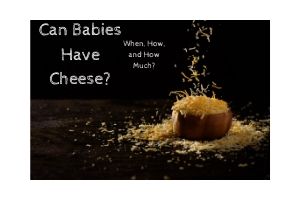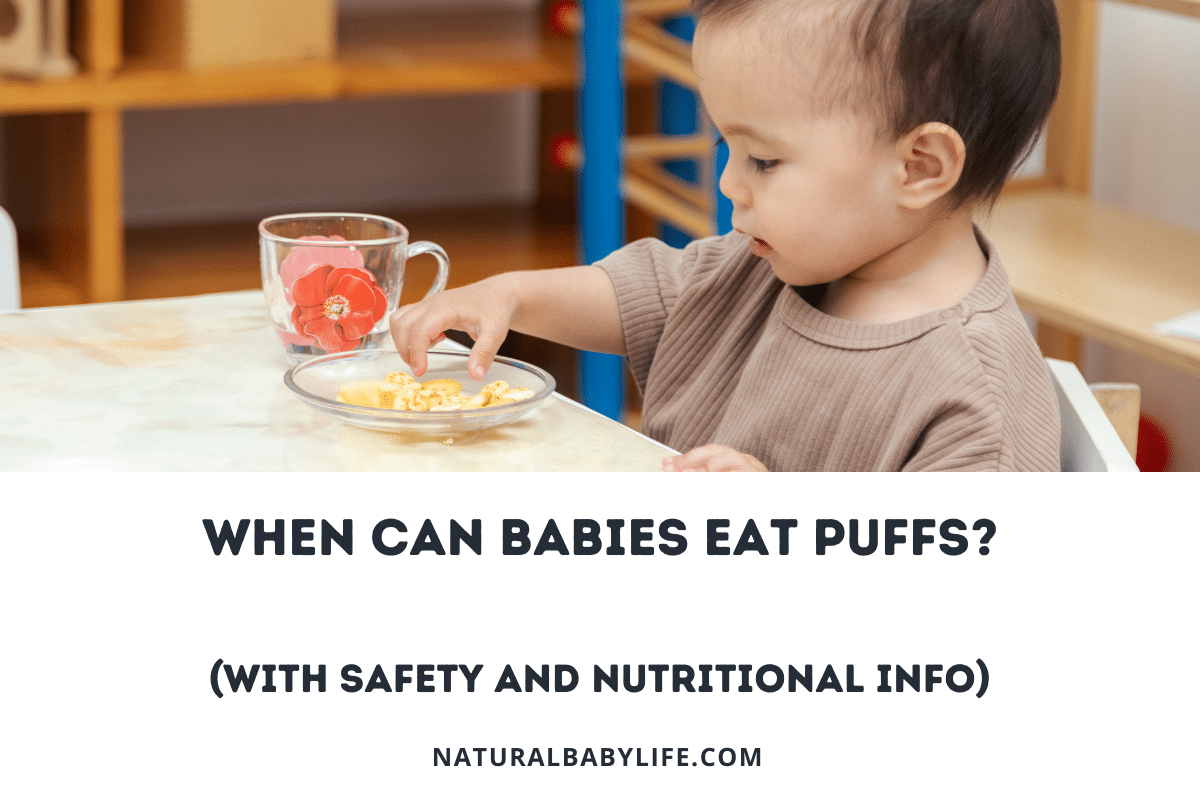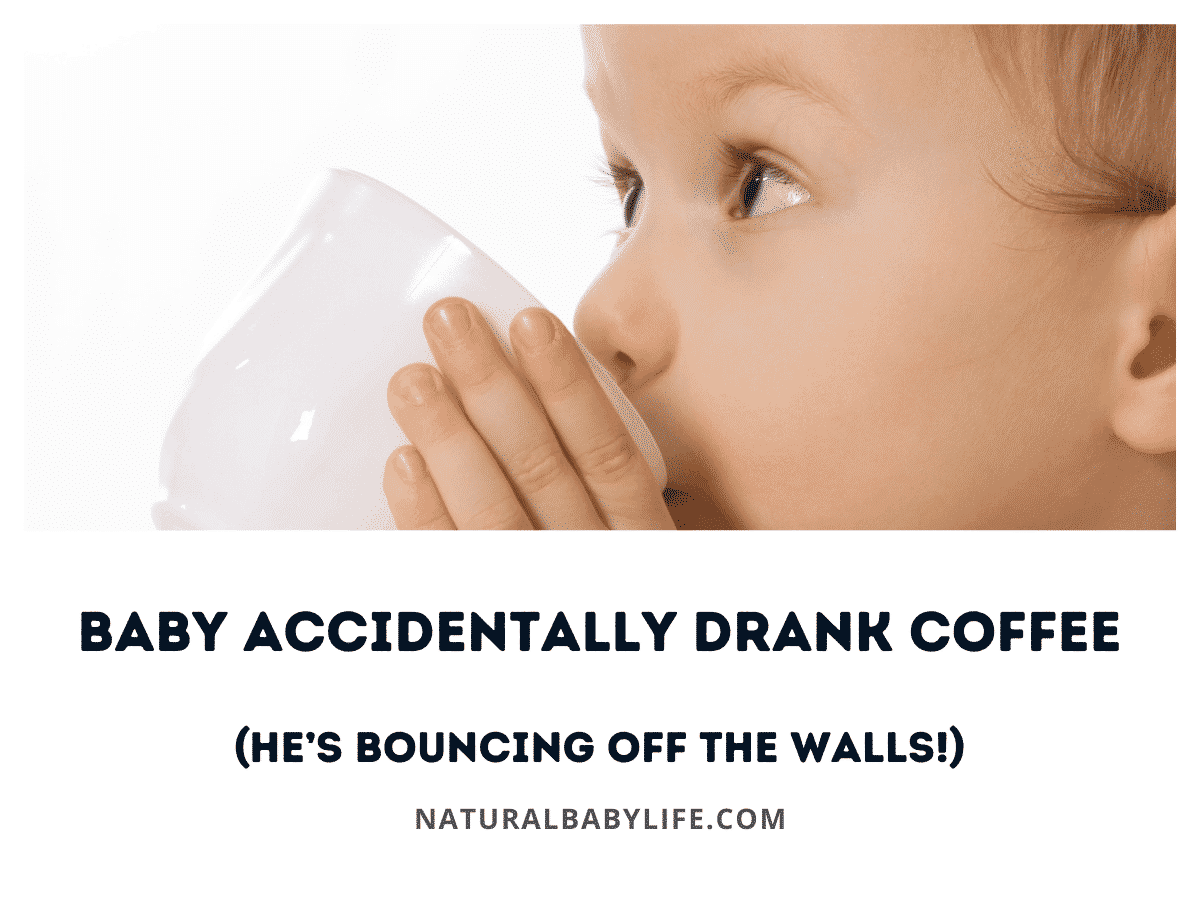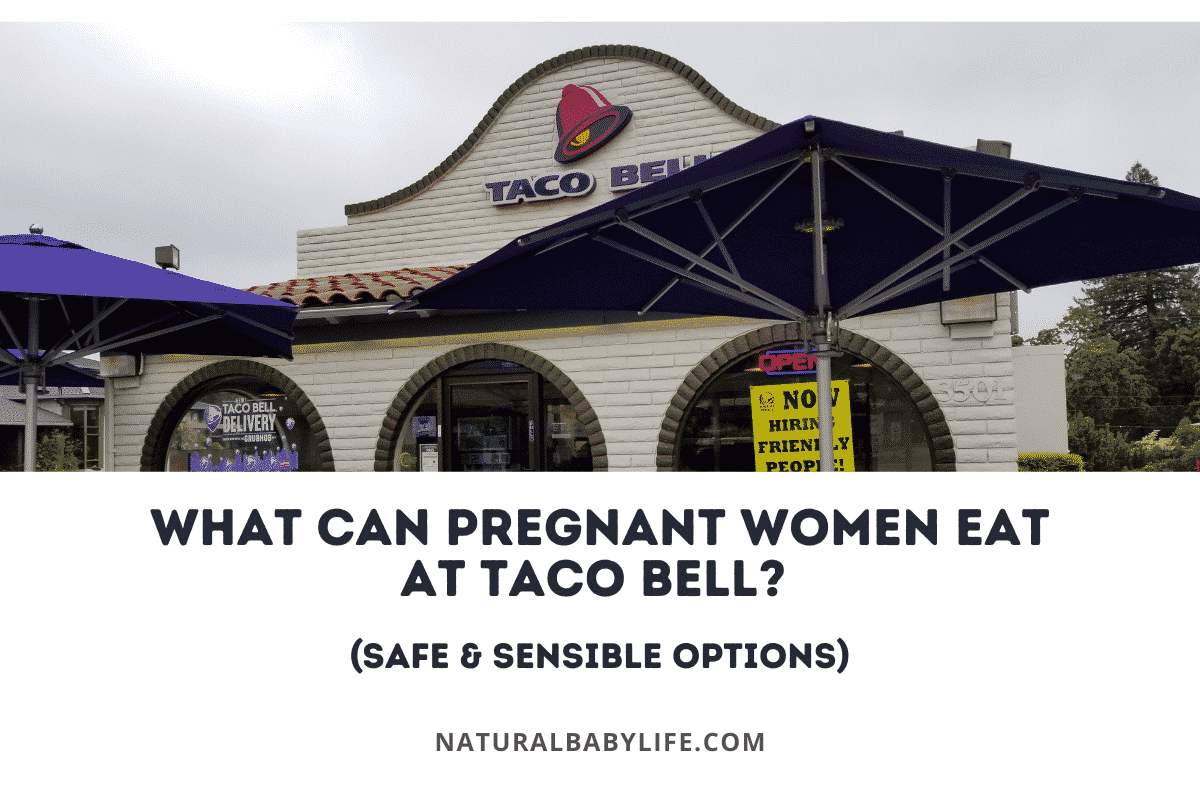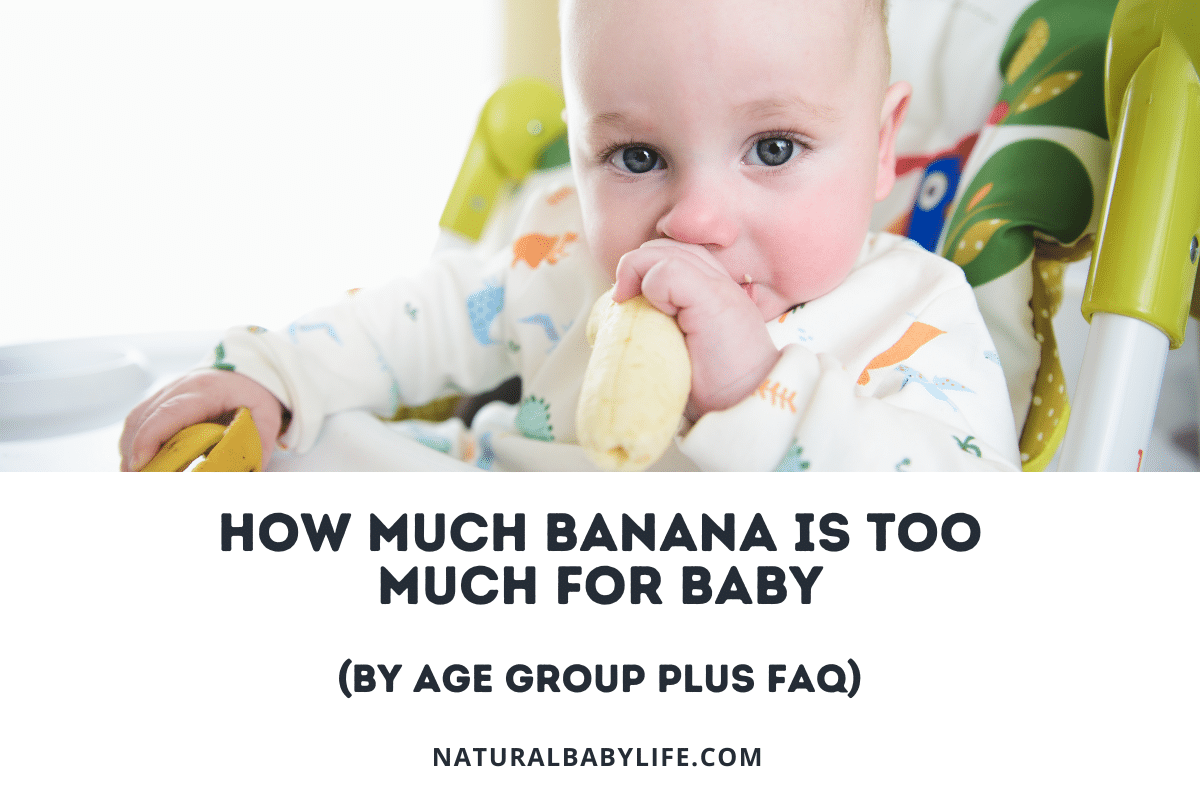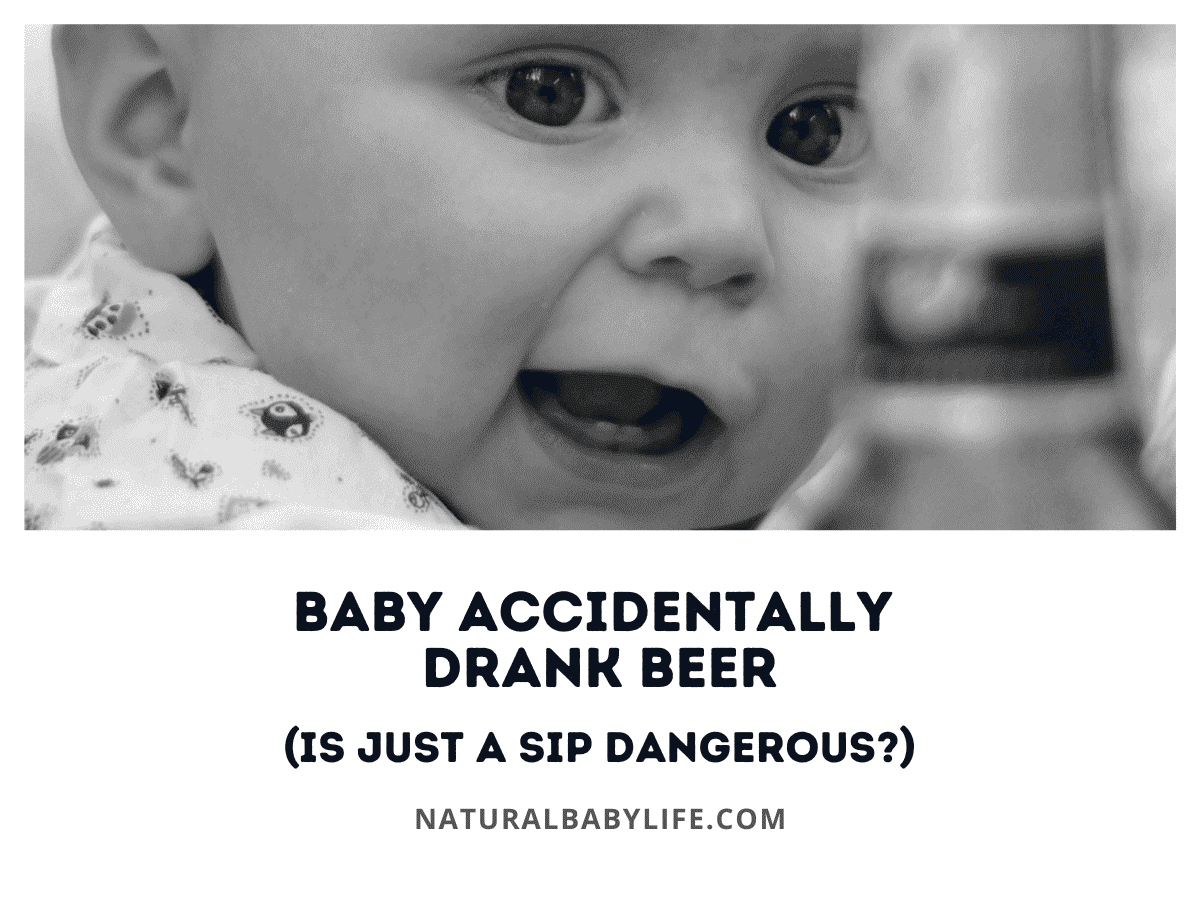Experimenting with solid foods is a fun and exciting part of the young babies’ day. As a parent, it can be overwhelming to decide what, when, and how much of each different food type baby should be exposed to. If you are a cheese fanatic, like me, you may be wondering when, how, and how much cheese your baby should be exposed to.
Cheese is one of the foods that is generally safe to feed your baby as they start to eat solid foods, typically at around the age of 6 months. It is a good starter food because it is soft, easy for a baby to grasp, and provides some nutritional benefits. Care should be taken not to feed your baby too much cheese, however, as it can cause constipation or other digestive issues.
Of course, there are certain types of cheeses that may be better introduced before others, and there may be some warning signs to look out for when feeding your baby cheese for the first time. Read on to learn more about feeding your baby cheese for the very first time!
Table of Contents
When can I give my baby cheese?
Cheese is easy food for babies to experiment with so it works great as an early solid food. Most types of cheese are soft enough for babies to mash with their gums, and it is easy to cut or shred cheese into tiny pieces to reduce the risk of choking.
This means your baby will likely start eating cheese at around the age of 6 months if they are breastfed or about 4 months old if they are formula-fed.
Keep in mind that it is a best practice to introduce one food at a time and in several sittings before moving on to another food. This will help you keep an eye out for any alarming reactions that could be a food allergy.
That being said, cheeses are relatively low on the allergy scale, but they do contain milk protein. By the age of four months, parents tend to already be aware of milk protein allergies, but it is still a good idea to keep your eyes peeled for any reactions. Since babies shouldn’t start drinking milk until they are one year old, that’s another reason to keep cheese in moderation, especially in the beginning.
When can babies eat unpasteurized cheese?
Pasteurization is a process in which milk is heated to a certain temperature to kill harmful bacteria. Unpasteurized milk products are generally considered unsafe. According to the FDA, unpasteurized cheese or other dairy products can contain harmful bacteria and are generally not safe for consumption for babies.
The consumption of unpasteurized dairy products can cause vomiting, diarrhea, abdominal pain, and other flu-like symptoms. For most healthy adults, fighting off the side-effects of bacteria found in unpasteurized dairy products will not be life-threatening. However, for babies and medically-fragile children and adults, these bacteria can cause life-threatening issues.
There is a lot of debate about pasteurized versus unpasteurized dairy products, and I encourage you to read about these issues and make informed decisions for your family. Most local grocery stores will only sell pasteurized products and a simple check of the label can clarify whether or not a product is pasteurized.
Which cheese is best for babies?
In general, any pasteurized cheese is just fine for babies. This could also include things like cottage cheese, which you might not necessarily think about first.
I personally chose to offer cheddar and Colby to my babies first because they were milder in taste. I wanted each of my babies to experiment with the texture of cheese before introducing any potent tastes to their palate.
One of the big “No-no’s” in my house, though, is giving my children a “cheese product” rather than an authentic cheese made from milk. I want to make sure that the babies are eating real ingredients, not fillers and food dye. A simple skim of the packaging should help you ensure that you are picking up a whole milk product. If you aren’t sure how to read the label and determine what it is you are buying, here is a handy clarification from the FDA:
- Pasteurized processed cheese has 100% real cheese
- Pasteurized processed cheese food has at least 51% cheese
- Pasteurized processed cheese product has less than 51% cheese
Yeah, so it’s possible that the ‘cheese product’ you are buying is less than half real cheese.
Yuck.
Healthiest cheese for babies
One of the main health concerns in different cheeses for babies is the high content of sodium. Fresh Ricotta and Mozzarella are generally low in sodium and have a mild taste that babies can enjoy. Additionally, Mozzarella cheese can be easily served in ways that may be easier for young babies (without pincer skills) to pick up. Swiss and cheddar cheeses are also generally lower in sodium content as well compared to other cheeses.
Cottage cheese is another excellent and healthy choice for a snack for babies. According to Healthline, one of the many benefits of cottage cheese is that it is high in both protein and nutrients, but it can include more sodium than other types. All parents can agree that as babies start to wean from breastmilk or formula, we worry that they will not get the nutrients their bodies need to keep growing.
The best cheese for baby finger foods
Cheeses can be served in a variety of different ways. If you are interested in getting the most bang for your buck like I am, then buying cheese in a block is always your best option. I like to buy cheddar, mozzarella, and Colby blocks to keep at my house. As your baby experiments with texture and taste, you will figure out which types of cheese you need to keep in stock!
Other than being less expensive per pound, the great thing about purchasing block cheese is that you can cut it or shred it however you need to based on the age and ability of your baby.
When first feeding your baby cheese, you want to cut it into chunks no bigger than your babies’ fingertips. As your baby’s dexterity strengthens, you may want to grate the cheese. Not only will your baby enjoy a healthy snack, but he/she can work on fine motor skills at the same time!
The best cheese for baby-led weaning
As mentioned previously, you probably want to start with a milder cheese like cheddar when first introducing your baby to cheese. Make sure to cut it up into chunks or shred it to avoid choking hazards.
Babies love cheese during baby-led weaning because it is a soft texture and consistency that they can squeeze between their fingers and generally play with. Since it has a taste that most babies like, they are also more likely to eat it after they get done playing!
Using cottage cheese for baby-led weaning
One of the biggest challenges for young babies is the ability to use their pincer grasp to pick up small pieces. The only way for babies to get better at this developing skill is to practice. While your baby may have to work a little harder to get the cottage cheese to his/her belly, this is still an excellent food to choose for baby-led weaning, especially if you don’t mind them getting a little messy!
What about string cheese for baby?
Now that my children are older, string cheese is an excellent snack for them. I love to keep quick, easy, and healthy snacks in the fridge. When they were younger, though, it was easier for me to keep blocks of cheese around.
Babies can have string cheese, too, but you must be sure to cut it up to avoid choking hazards. You want to make sure to buy the ‘real cheese’ version of string cheese because these are notorious for being low-quality cheese products.
How to give cheese to your baby
When babies are very young (4-6 months), they struggle with picking up small pieces of food. This is a developmental challenge that every baby faces. Like I said above, babies will get better with practice and offering your baby small pieces of cheese is great practice for their pincer grasp skills.
If your baby struggles with grasping smaller foods, you may consider melting cheese over vegetables, or even making your baby macaroni and cheese or a grilled cheese sandwich. These are great options for baby-led-weaning when your baby is struggling to pick up small pieces of food.
Another option for serving cheese to your baby is purchasing soft cheese like Brie, cream cheese, or ricotta. Of course, you want to read the package to ensure that the cheese is pasteurized.
As your baby grows, you will be able to offer string cheese and cheese sticks as an easy snack.
To determine how much orange you could offer your baby by age I looked at the feeding guides for infants, toddlers, and young children at Florida’s Department of Health to see how many servings of fruit are recommended for each group.
How much cheese can babies have by age group
| Baby or Toddler Age | Recommended preparation and watch outs | Serving size of cheese | Recommended total servings of dairy each day |
|---|---|---|---|
| Younger than 4 months | Generally not recommended | Generally not recommended | Generally not recommended |
| 6 to 8 months old | Tiny chunks or shredded pieces | No recommendation. You can introduce tiny amounts. | No recommendation. You can introduce tiny amounts. |
| 8 to 12 months old | Tiny chunks or shredded pieces | 1/4 cup | 1 or 2 servings per day |
| 12 to 24 months old | Small chunks or shredded pieces | 1 ounce of cheese | 4 servings per day |
| 2 to 5 years old | Cheese sticks, cubes, or other pieces. | 1 cup (about 1.5 ounces of cheese) | 2 to 2.5 cups per day |
Can baby eat cheese every day?
Your baby can eat cheese every day if you wish.
According to Utah State University, dairy products (like cheese, milk, and yogurt) are an excellent source of both protein and calcium. But, your baby only needs a small amount of dairy daily in order to develop healthy bones and teeth and too much cheese can lead to constipation and other digestive issues.
Of course, you want to follow guidelines for feeding your child a balanced diet that includes fruits and veggies in addition to their daily dose of dairy.

